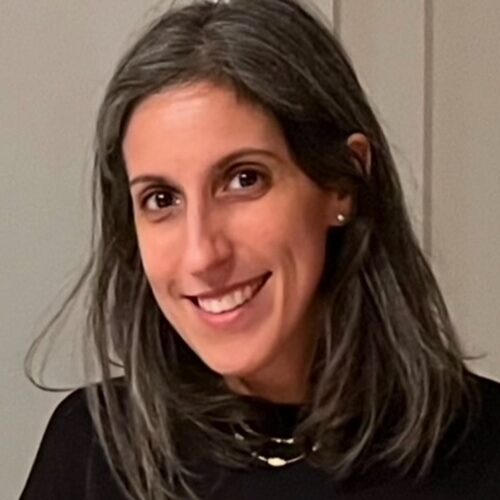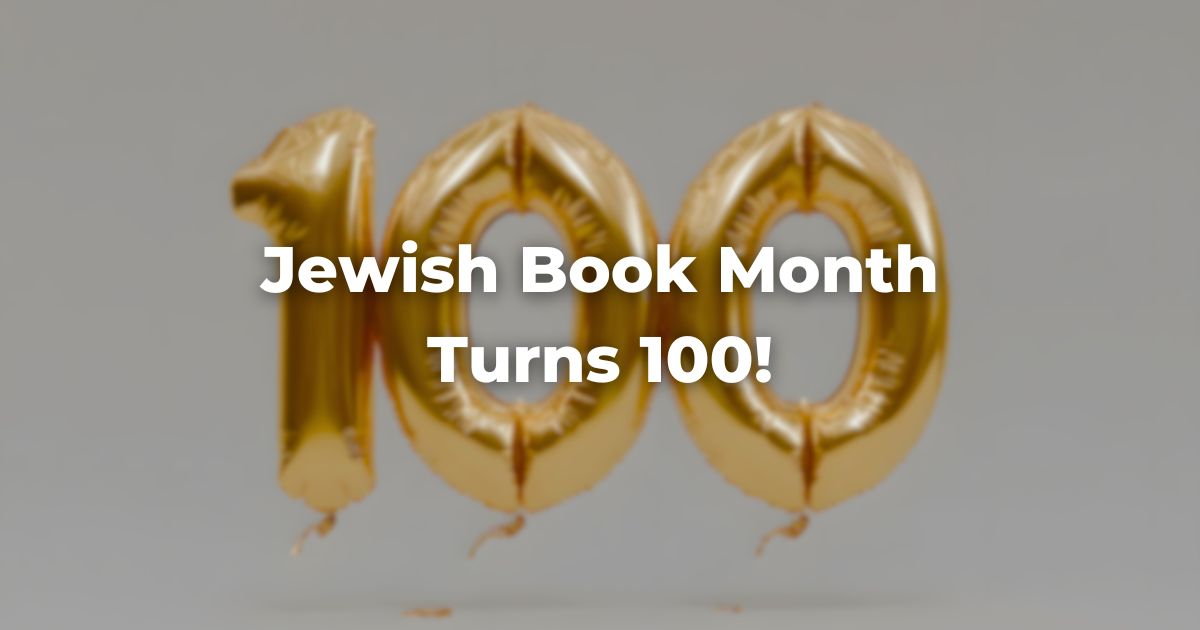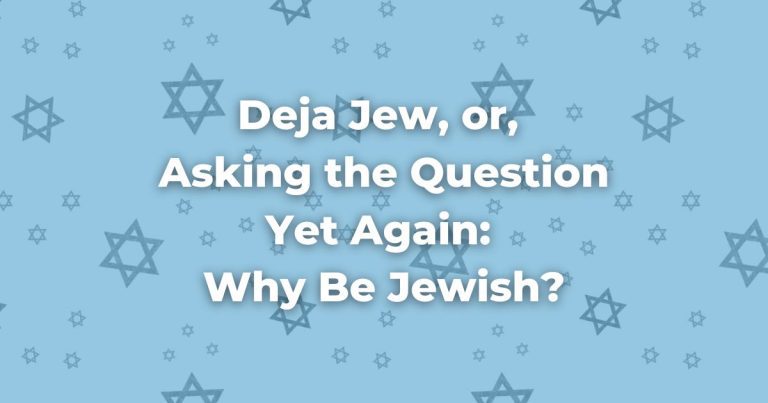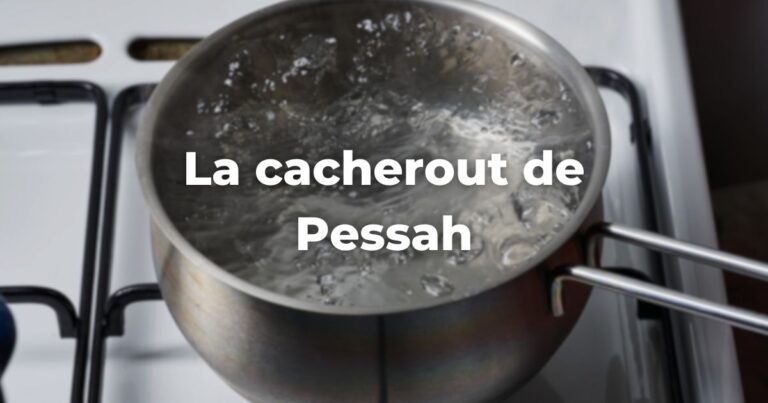Did you know that National Jewish Book Month just began on November 13? Even more exciting: 2025 marks the 100th anniversary of Jewish Book Month!
How It All Began
Fanny Goldstein was born in Russia in the late nineteenth century, and immigrated to the United States in 1900. She worked as a librarian with the Boston Public Library (BPL). In 1922, she was appointed as the head librarian for the West End Branch. That neighborhood had a large Jewish population, and though Goldstein admired their intellectual curiosity, she was dismayed by how little they knew about their own history and literature. Promoting the library’s Jewish books became her mission.
In 1925, Goldstein put up a display of Hanukkah books in the library—the first known instance of such a display in an American public library. This was especially notable because just a year earlier, the Johnson-Reed Act had passed, restricting “undesirable” immigrants—including Eastern European Jews—from entering America. As Jewish immigration was therefore a prominent topic at the time, the media eagerly picked up Goldstein’s display and promoted “Jewish Book Week.”
Each year, the celebration grew. During World War II, Goldstein expanded the project beyond celebrating Jewish books; she focused on fighting antisemitism as well—and involving the broader public in this call to action.
Eventually, Jewish Book Weeks and Months began to be celebrated in many communities. Today, Jewish Book Month starts a month before Hanukkah. Its goal remains the same as Goldstein’s original idea: to celebrate Jewish literature and Jewish authors, and encourage Jews to pick up these books and celebrate Jewish culture.
Why Jewish Book Month Matters Today
Especially since October 7, the literary world has seen a stunning amount of antisemitism—authors put on a “Zionist list,” organized boycotts of Jewish books, review-bombings in order to falsely tank ratings, and even major literary sites engaging in blatant antisemitism.
But if “the People of the Book” know anything, it’s that our stories cannot and will not be silenced. Jewish Book Month is our invitation to keep reading, sharing, and celebrating Jewish voices—keeping texts where they belong, at the center of our identity.
How to Celebrate Jewish Book Month
If celebrating Jewish authors and Jewish literature sounds good to you, here are some ways you can get involved:
- Visit the Jewish Book Council for programs, author talks, and events.
- Looking for a quick reading list for all ages? Here’s one from My Jewish Learning. It’s several years old, but still great.
- Share books you love on social media, using #JewishBookMonth.
If you want even more books, here are some of my recent favorites:
Fanny’s Big Idea: How Jewish Book Week Was Born
by Richard Michelson and Alyssa Russell
This picture book introduces children to Fanny Goldstein, sharing the story of her family, her career, and eventually, how Jewish Book Week came to be, thanks to her creativity and determination. The back pages have even more biographical information about Goldstein and Jewish Book Week, along with a bibliography. With its engaging and diverse illustrations, this is a great book to get kids excited about their history and about Jewish stories.
Honey and Me
by Meira Drazin
If you’re looking for a book for an upper-elementary or middle-school reader, look no further. This delightful novel takes the reader through a Jewish year with best friends Milla and Honey. Set in the Orthodox community, it’s a story about friendship, growing up, and finding the confidence to be yourself.
The Unfinished Corner
by Dani Colman, Whitney Cogar, Rachel Petrovicz, and Jim Campbell
Graphic novels aren’t just for tweens/teens—and this graphic novel is no exception. In Jewish mythology, it’s said that when G-d created the Universe, one corner was left unfinished. This story follows 12-year-old Miriam, who is preparing for her bat mitzvah, even though she doesn’t even know if she wants to be Jewish. But when she, along with her two best friends and her frenemy, are snatched up by an angel and given the task to finish the Unfinished Corner, she suddenly has a lot to figure out.
When the Stones Speak: The Remarkable Discovery of the City of David and What Israel’s Enemies Don’t Want You to Know
by Doron Spielman
This is a book about Israel’s history that takes a decidedly different approach than most of the books out there: an archaeological exploration. Spielman helped lead the excavation and development of the City of David archaeological site, and has written a book detailing the discovery and excavation of the 3800-year-old City of David, which is slightly south of the Old City. It’s an immersive book that is also incredibly timely, due to those who deny the Jewish history of Israel and seek to deny our historical ties to the land.
The Eight Heartbreaks of Hanukkah
by Jean Meltzer
If you’re looking for something a little lighter, Meltzer’s newest book is perfect—and just in time for the upcoming holiday. When Evelyn is put in charge of producing the live-action musical of A Christmas Carol, she’s happy to throw herself into work instead of being alone on Hanukkah…until her workaholic ways impact her health. When she starts hallucinating ghosts related to her past heartbreaks, all leading back to her ex-husband, her Hanukkah ends up very different than she expected.
Next Stop: A Novel
by Benjamin Resnick
A finalist for the Sami Rohr Prize, Resnick crafts an apocalyptic story: Israel has been swallowed up by a black hole, planes disappear out of the sky, and the world becomes darkly chaotic. Antisemitism explodes, and Ethan and Ella, along with their young son, all Jewish American citizens, suddenly find their lives completely upended. When all Jews are forced to relocate to an area of the city called the Pale, a new society is born—but for how long?
What will you be reading during Jewish Book Month?
Author
-

Jaime Herndon is a writer and editor. TalmudReferring to one of two collections, the Jerusalem and Babylonian Talmuds, edited in the 6th century, that contains hundreds of years of commentary, discussion, and exploration of the ideas in the Mishnah. One could describe it as Mishnah + Gemara = Talmud Read more, feminist MidrashThis word is used in two ways, as both a concept and a literature. As a concept, midrash is the expansive interpretation of biblical texts. The term is used to describe the practice of rabbinic interpretation. As a text, it refers to specific collections of interpretations, particularly from the third to ninth centuries in the Land of Israel and Babylonia. Plural: Midrashim
View all posts
Read more, and reading all the Jewish books she can find are some of her favorite things. She's studied with Pardes, Hadar, Yeshivat Maharat, and JTS, and co-leads a local Hadar Community Group. She was a 2024 Mahloket Matters fellow with Pardes and a 2025 Pardes Pioneer fellow. Every summer, she and her son look forward to family camp at Ramah Berkshires. Currently, she's working on an essay collection about the Jewish year through the holidays.




